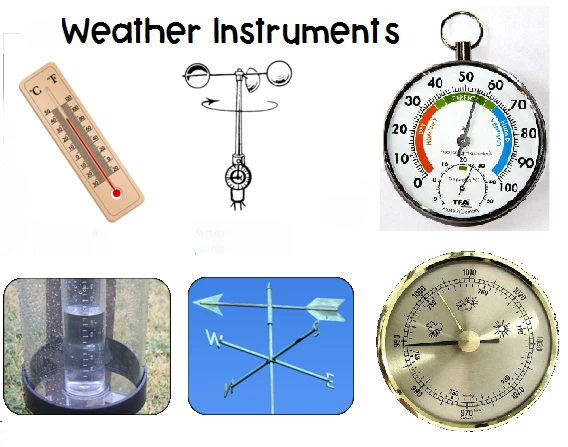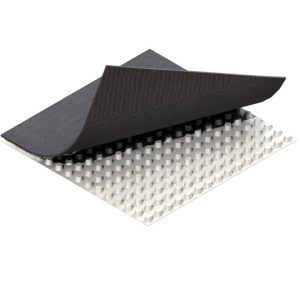Weather Instruments: Essential Tools for Meteorologists

。
# Weather Instruments: Essential Tools for Meteorologists
## Introduction to Weather Instruments
Weather instruments are crucial tools used by meteorologists to measure and analyze atmospheric conditions. These devices provide accurate data that helps in forecasting weather patterns, studying climate change, and ensuring public safety. From simple thermometers to advanced radar systems, weather instruments come in various forms, each serving a specific purpose.
## Common Types of Weather Instruments
### Thermometers
Thermometers are perhaps the most well-known weather instruments. They measure temperature, which is a fundamental parameter in weather studies. Modern thermometers can be digital or analog, and some are designed to record extreme temperatures over time.
### Barometers
Barometers measure atmospheric pressure, which is essential for predicting weather changes. A sudden drop in pressure often indicates an approaching storm, while rising pressure suggests fair weather. Mercury and aneroid barometers are the two primary types.
### Anemometers
Anemometers are used to measure wind speed and direction. Cup anemometers, vane anemometers, and sonic anemometers are common variants. These instruments are vital for aviation, marine navigation, and wind energy projects.
### Hygrometers
Hygrometers measure humidity levels in the air. Understanding humidity is important for predicting precipitation, fog, and dew. Psychrometers and capacitive hygrometers are widely used in meteorological stations.
### Rain Gauges
Rain gauges collect and measure the amount of precipitation over a specific period. This data is crucial for agriculture, water resource management, and flood forecasting. Tipping bucket and weighing rain gauges are popular choices.
### Weather Radars
Weather radars are advanced instruments that detect precipitation, its motion, and intensity. They are indispensable for tracking storms, hurricanes, and other severe weather events. Doppler radar is a commonly used type in modern meteorology.
## The Importance of Weather Instruments
Weather instruments play a pivotal role in our daily lives. They help meteorologists provide accurate forecasts, which are essential for agriculture, transportation, and disaster preparedness. Without these tools, predicting weather changes would be nearly impossible, leaving societies vulnerable to natural disasters.
## Conclusion
Weather instruments are the backbone of meteorological science. From simple devices like thermometers to complex systems like weather radars, these tools enable us to understand and predict atmospheric conditions with remarkable accuracy. As technology advances, weather instruments continue to evolve, offering even more precise data to safeguard our planet and its inhabitants.
Keyword: wether instruments


